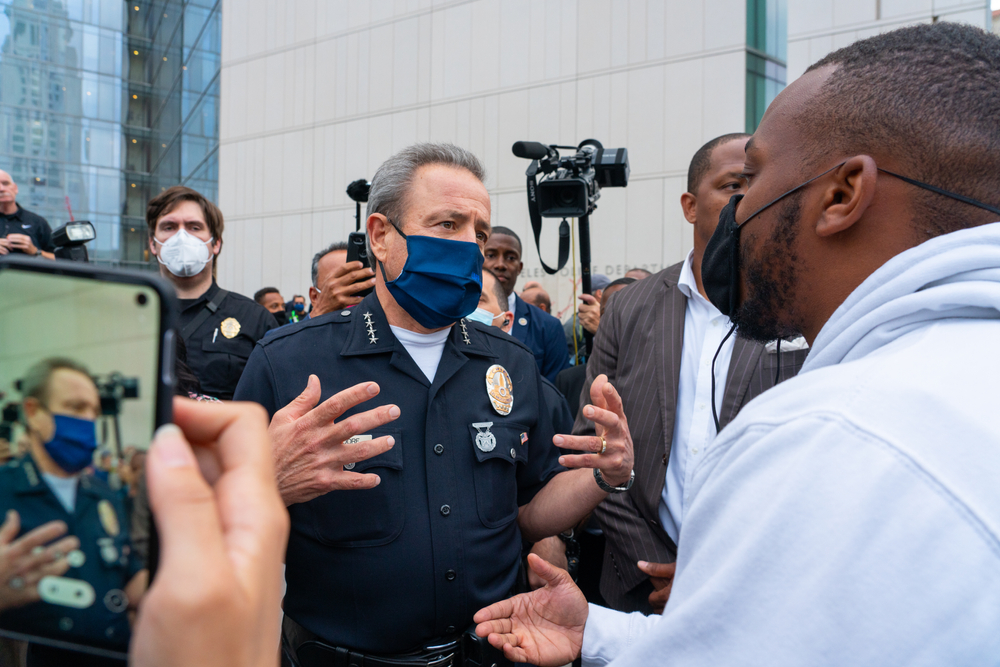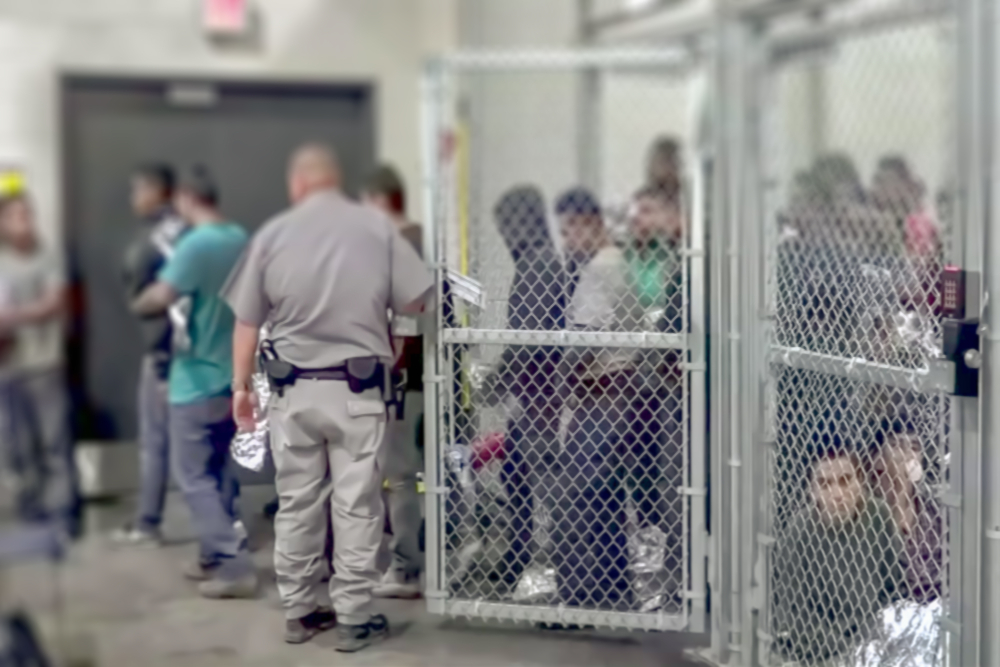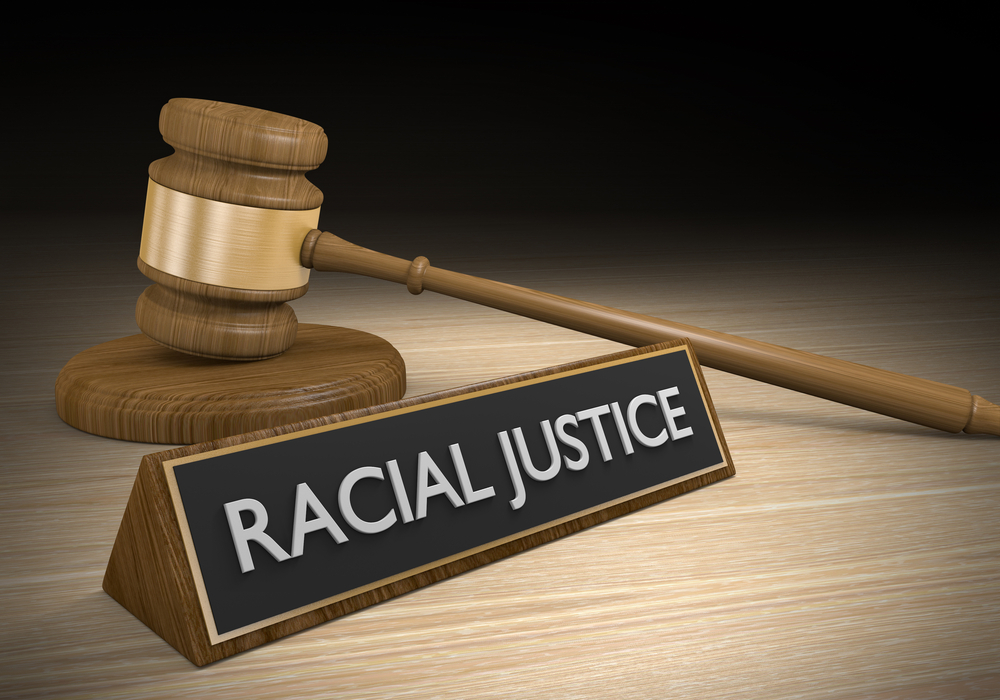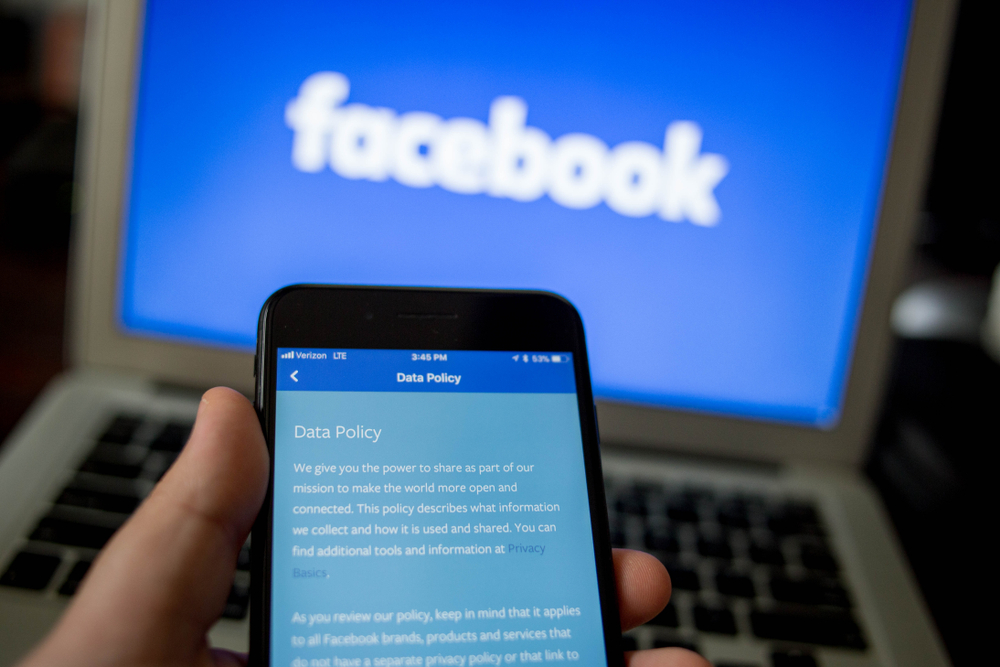The issues of police brutality and racial profiling are not new, but have gained traction in recent weeks following the killing of George Floyd in Minneapolis by a police officer who put him in a choke hold for the better part of nine minutes. That officer, Dennis Chauvin, has been charged with second degree murder.
“None of these issues are new, but I think since George Floyd, there has been a willingness for a larger number of people to take a look at the way police departments operate,” said Dennis Parker, director of the National Center for Law and Economic Justice and the former director of the American Civil Liberties Union’s Racial Justice Program.
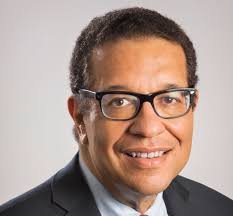
“Part of what happened is irony, with a lot of the videos showing improper use of force and unnecessary violence happening against protesters who are protesting against that very kind of brutality,” Parker said.
There is at least some renewed hope that the recent protests will lead to changes in law enforcement departments with more training and accountability to stop illegal practices and brutality toward Black people and other minorities.
RELATED: Social media can be a tool or a weapon for police
RELATED: Chokeholds lose favor in many, not all, police departments
The Center for Constitutional Rights (CCR) filed a federal class action lawsuit, Floyd, et al. v. City of New York, et al, against the city of New York in 2013 challenging the New York Police Department’s practices of racial profiling and stop and frisks, calling them a violation of the Fourth Amendment to the Constitution. That amendment prohibits unreasonable search and seizure and provides for equal protection under the law. The plaintiffs named in the case are David Floyd, David Ourlicht, Lalit Clarkson and Deon Dennis. They are representative of thousands of mostly black and Latinos who have been stopped without cause walking in front of their own homes, riding to work or school or just taking a leisurely walk, according to the CCR.
A federal judge found the police department liable in August 2013 for “a pattern and practice of racial profiling and unconstitutional stops.” The department appealed, but as the process made its way through the courts, the department, under new leadership, agreed to drop its appeal and begin the remedial process ordered by the court. That new path is still being mapped out.
The Floyd lawsuit focused on the “obvious racial disparities” in who is stopped and searched by the NYPD. Approximately 85% of those stopped without cause are black and Latino, a violation of the Equal Protection Clause of the Fourth Amendment. In addition, the Fourteenth Amendment was designed to eliminate the “oppression of historically subjugated minorities and to provide equal opportunity,” according to the ACLU.
The court issued several new orders in late 2018, developed with input from the communities most affected by the stop and frisk method.
Still, problems persist. Just last month, the plaintiffs filed an emergency motion calling for a moratorium and investigation of the NYPD’s enforcement of social distancing policies as they relate to the COVID-19 pandemic. Police interactions heavily targeted minorities.
In considering these issues, it is important for individuals to know their rights to protect themselves against unnecessary violence and illegal stops and arrests based on their race, Parker said.
In addition to individuals and groups like Black Lives Matter calling for systemic change in police departments across the country, there are also steps individuals can take to protect themselves.
“A lot depends on where you are,” Parker said. “If you are in New York City, there is a whole set of rules put in place as a result of the Floyd et al decision. People can reach out regarding their rights in terms of encounters with police to either the local ACLU chapter or the local legal aid society, because they will outline some of things you need to know.”
The only reason police are supposed to stop and detain someone is if they have a reasonable suspicion they have committed or are about to commit a crime, he said.
“Absent that, the police don’t have the right to stop or detain you. One suggestion often made is if you have a question, ask the police whether you are free to go. It is important to know your rights, but there is no guarantee a police officer will respect or observe your rights.”
Related: Tips for interacting with police
Prof. Anne-Marie Hakstian, who teaches business law at Salem State University in Massachusetts and has written the book, Consumer Equality: Race and the American Marketplace, said training for law enforcement is good, but it is ineffective if it is not consistently reinforced and checked.

“It is complicated,’’ she said. “There is no easy fix.”
A combination of steps must be taken to change the mindset of law enforcement, she said.
“I’m always aware of this issue, so, to me, it’s the usual,” Hakstian said. “My eyes were already open to these issues. I’m getting a sense that more people might have noticed. I don’t think I’ve seen too much of this type of thing before where police officers are joining the demonstrators.”
The idea of defunding the police is also new to Hakstian, she said.
“I don’t know if that will specifically happen, but calls for reforming police and demilitarizing departments, I think would be a good start,’’ she said. “More training and definitely more accountability are needed. It is not necessarily the officers who are responsible, alone, for the violence, but also their supervisors.”
Chauvin, 44, had at least 17 incidents on his record relating to unwarranted use of force.
“When it is at that level, he’s not the only one who’s responsible,’’ she said.
Measuring who is being stopped, who is being cited and who is being injured can all lead to reform, she said.
Parker said there are positive things coming out of the protests.
“For example, in addition to banning the choke hold in a number of places and dismantling the current police department in Minneapolis, here in New York there is legislation passed that would also make the choke hold illegal,’’ he said. “One of the things New York has that is very rare is a law that makes police records about misconduct unavailable to the public and that has recently been ended. And that is important because one thing that has come out really significantly is that the police officer that killed Floyd had a record of prior misconduct. If that had happened in New York, there would be no way to get that information.”
Also, Parker said, some departments now use independent prosecutors and investigators, so police misconduct and racial profiling is not being investigated by the same agency that works daily with police.
“We saw with the Ahmaud Arbery case where the local district attorney did not take steps to arrest the men who had killed Arbery,” Parker said. Arbery, 25, was jogging in a South Georgia neighborhood when, according to authorities, two armed men pursued and killed him. “It was only after the review came from an independent office that they were arrested.”
“You are also now hearing discussions questioning the wisdom at the federal and state levels about programs that provide police departments with tanks and things like that,’’ he said. “All of these things are really being questioned at a level that they haven’t been in a long time.”
The recent case of a 75-year-old protester pushed down by a Buffalo police officer, where many others walked by him as he lay bleeding, is prompting a call for more accountability, Parker said.
“We’ll see what happens,’’ he said. “I am hopeful this will be a turning point.”

